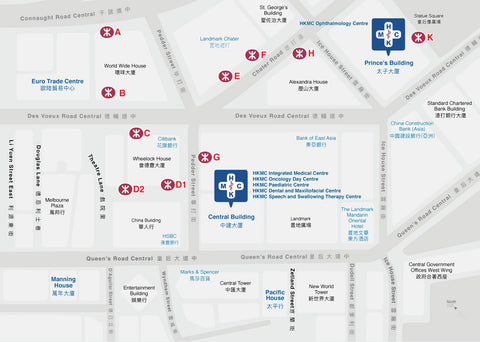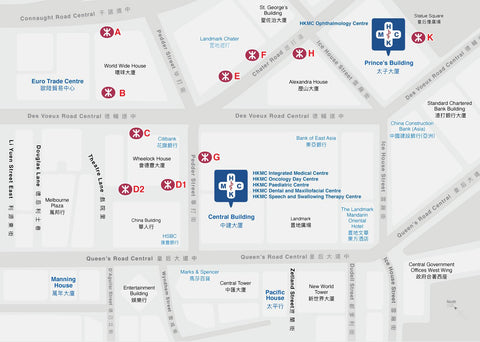
Weight Management and Treatment of Obesity Plan
Overweight and obesity refer to the excessive accumulation of body fat, which is associated with many health consequences including type 2 diabetes, hypertension, high cholesterol, gout, fatty liver, kidney failure, ischemic heart disease, heart failure,stroke, joint degenerations, fertility problems and even cancers. Early treatment of obesity can help to prevent many of these diseases. In the case of type 2 diabetes, weight reduction has the potential to reverse the disease process, bringing about a remission.
When should I start?
If you suffer from obesity, you should consider getting treatment as soon as possible. The urgency of treatment is increased if you already have comorbidities associated with obesity (most commonly type 2 diabetes, hypertension, gout and ischemic heart disease). Delaying treatment affects the success rate of reversing the comorbidities and impacts on the feasibility of treatment.
How should I start?
Weight reduction is a very personal thing. The first step to treating obesity is to have a thorough assessment. The endocrinologist will take a thorough history to understand the cause of your weight gain and your lifestyle habits. This will be followed by physical examination and investigations to rule out hormonal disturbances that might cause weight gain, as well as assessment on the degree of obesity and to look for presence of obesity comorbidities.
What happens after the Assessment?
Our specialist with an expertise in obesity medicine will go over with you the results in detail to identify any obesity-related complications. Treatment options including lifestyle modification, medications and / or weight loss procedures will be discussed. We will then help you select a personalized weight reduction plan and follow-ups will be available to help you through your weight loss journey.


